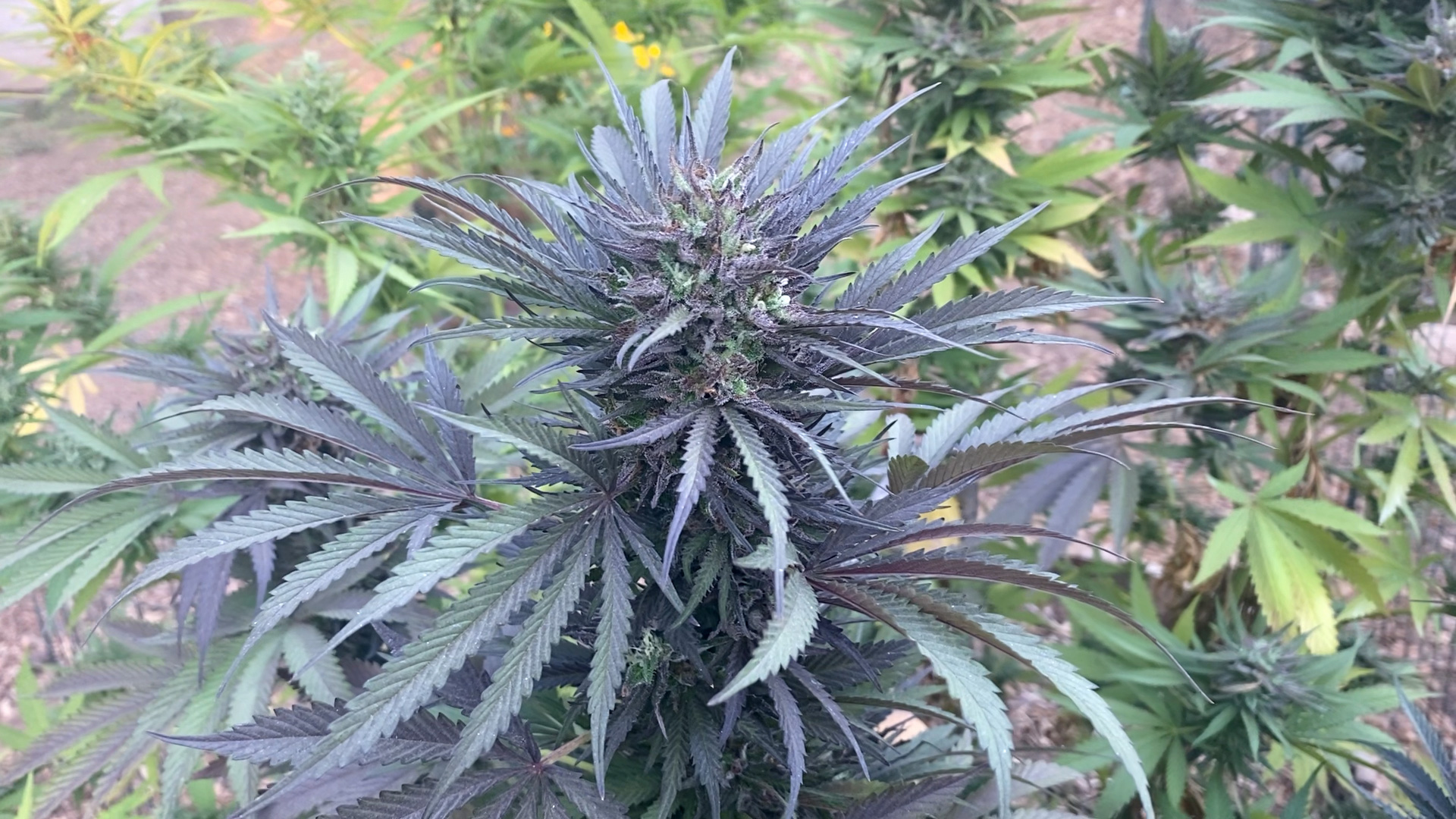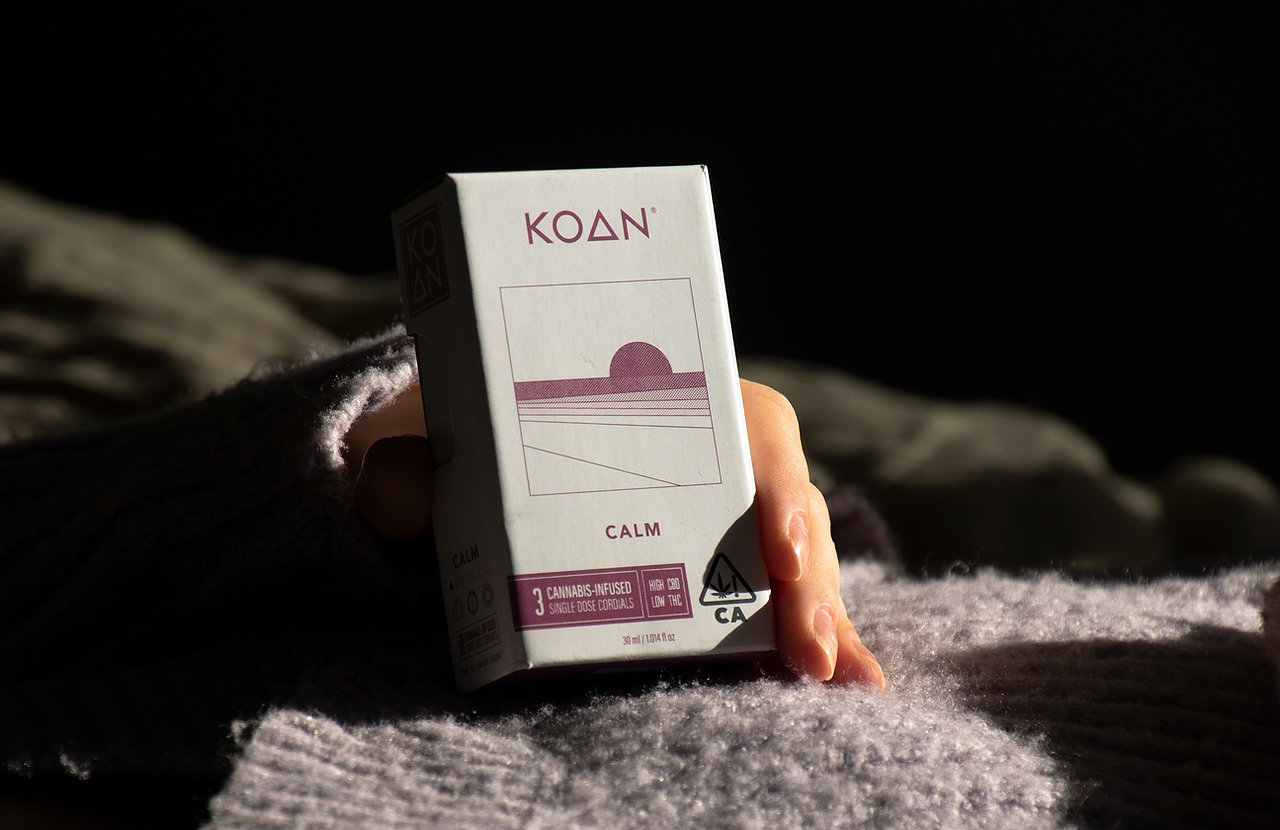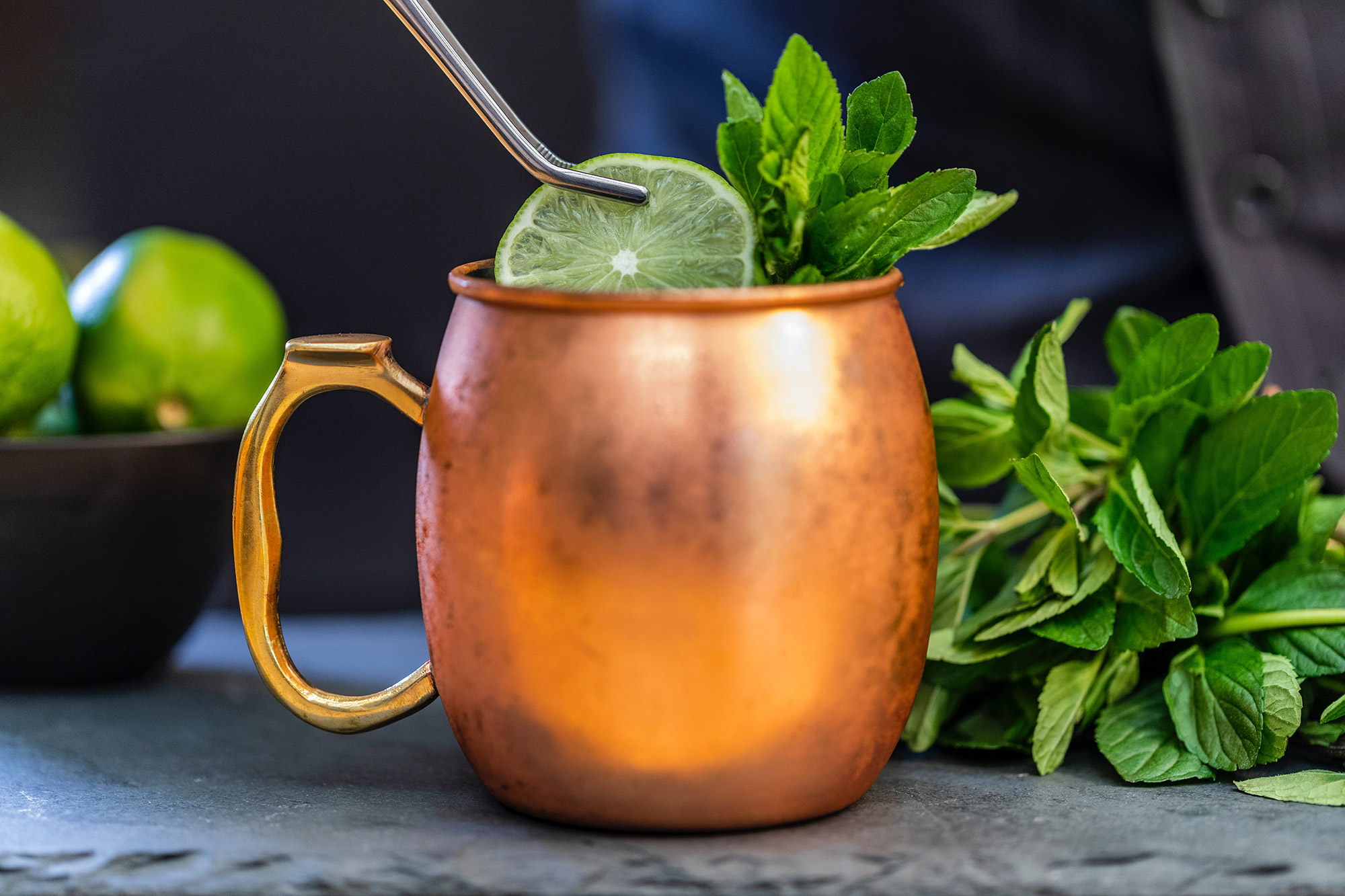Are You Still Asking for Best Indica Strains for Sleep? Ask This Instead.

Using THC to Catch Some Z’s?
It is reported that one out of four Americans develop insomnia each year [1]. When we consider that insomnia is only one of the many types of sleep disorders, it is easy to understand how a large swath of the population is constantly searching for ways to improve the quality of their sleep. Not only are sleep disorders frustrating enough to deal with, they can also be amplified by other aspects of life, like anxiety, stress, and environmental changes. If you’ve spent much time researching the possible medical uses of cannabis, you’ve almost certainly come across accounts from individuals who swear by cannabis’ potential to help with sleep issues.
While most cannabis users seeking relief from sleep issues probably assume that requesting an “indica” strain at their dispensary will deliver the results they desire, research has revealed that there’s more to the story than simply asking your budtender for the “best indica for sleep”. Let’s explore the “new way” of choosing your cannabis and a better question to ask at your dispensary when you’re trying cannabis to improve your sleep.
What if What I’m Already Doing Works?
That’s great! Consider yourself lucky…but what if we told you that there’s an approach that could potentially make your cannabis even more efficient — and effective — as a tool to help you sleep? Just because you have a product that works now, doesn’t mean that it will continue to work. This is largely due to the variability that most cannabis products maintain. Inconsistencies from batch to batch have plagued the cannabis market from the beginnings of legal cannabis — and even prior to that in legacy markets as well.
Imagine if you will, a cannabis plant that will ultimately be used by an extraction and production lab to create a retail-ready product. This plant will experience several unique factors like variations in climate and soil conditions, genetic factors, and harvesting practices. These variables can result in changes to the plant, like the concentration of cannabinoids (THC, CBD, etc.) and other constituents like terpenes and flavonoids that are produced by the plant. This means that just because you got the desired effects from a Northern Lights or Granddaddy Purple product in the past, doesn’t mean that you’ll have the same experience from batch to batch. This variability can prove to be especially burdensome — and frustrating — for canna-consumers who use cannabis for specific medical purposes.

Should I Choose My Cannabis by Strain Name?
Although cannabis strain names can be entertaining, researchers have recognized that they can’t exactly be used to accurately identify what’s in your product. More of a colloquialism, strain names are best reserved for marketing and, at best, to identify the ideal effects of a specific cannabis variety. This is due to the variability in cannabis that we discussed earlier. Genetic drift and degradation, as well as variable growing conditions, all lead to the reason that the Blue Dream — or any variety for that matter — cannabis product that you purchased, will likely never contain the same composition as what may appear to be an identical product. While this predicament stands true for the majority of cannabis products in the marketplace, it is most prevalent in cannabis flower. Ultimately, you never really know what you’re getting with cannabis flower…just that you’re getting something.
As Long as I’m getting THC and/or CBD, Then I Should be Good, Right?
Not exactly. The verdict on THC’s and CBD’s potential to help with sleep issues is still largely up in the air. Based on the data currently available, it would seem that there’s a sweet-spot as far as dosage goes when it comes to the role cannabinoids play in sleep. For example, the Journal of Clinical Psychopharmacology published a study that suggests THC may reduce sleep latency, which is the amount of time it takes a person to fall asleep. On the other hand, a study found in Current Psychiatry Reports, found that, while THC may help some users fall asleep, it may actually suppress the amount of time spent in deeper stages of sleep like REM cycles when higher doses are consumed.
Additionally, there are countless anecdotal user reports of what many refer to as a weed hangover. These weed hangovers can leave users feeling foggy for a few hours after waking up. Nowhere near the intensity of something like an alcohol hangover, but undesirable, nonetheless. These weed hangovers are often experienced when users begin developing a tolerance to their cannabis products, resulting in consuming more in an attempt to achieve the desired effects.
Cannabis is a great case study for the concept of “more is not better”. Just because you don’t feel the effects as you did in the past, doesn’t necessarily mean that your endocannabinoid system isn’t working just as hard. As researchers continue to unravel the mysteries of cannabis, they are recognizing that, although major cannabinoids like THC and CBD can certainly play a role in cannabis’ use for sleep issues, the other constituents of the plant, namely terpenes, may play an equally large role in how cannabis affects you.
Can Terpenes Help with Insomnia?
Possibly! If you’ve ever found yourself wondering how two cannabis products that report the same cannabinoid content can deliver wildly different effects or why varieties of cannabis vary in smell or taste, you can now consider the mystery solved. Terpenes — sometimes referred to as terps — are compounds produced not only in cannabis, but by most plants. Terpenes are responsible for the uniqueness of cannabis strains. Not only do terps give your product a unique aroma and palate, but researchers also believe that they likely possess medical value as well.
As with most things, different terpenes can provide different effects. This can also vary based on the dosage of a specific terpene found in your product. When it comes to potential relief from sleep disorders like insomnia, researchers frequently point to the likes of linalool, myrcene, or terpinolene, all of which have been reported to possibly illicit effects that would be desirable by someone suffering from sleep issues. Your local dispensary should have no problem pointing you in the direction of cannabis products that contain high concentrations of these terps.
On the other hand, there are also terpenes that you may want to avoid if you have pre-existing trouble with sleep. For example, cannabis users probably want to avoid products that are heavy in ocimene, limonene, pinene, or alpha-bisabolol as some studies suggest these terpenes can produce energizing or excitatory effects in some users — not something you want right before bed.
So, What Questions Should I Ask My Dispensary?
Making the most out of your relationship with cannabis begins by arming yourself with information. Sure, diving in headfirst with a trial-and-error approach may work for some people, but this method typically proves to be ineffective in the long run. Creating a game plan based on your own research will not only expedite the process of finding the best cannabis product for your needs, but you’ll probably save a lot of time and money along the way. Here are three questions that you should be asking your dispensary’s budtender:
- Do you have a certificate of analysis (COA) that shows the terpene profile of this product?
This question shouldn’t come off as forward or aggressive. In fact, most budtenders will probably be impressed by your knowledge that terpenes play a role in the effects of cannabis. Just make sure that the batch number for your product matches the batch number printed on the COA — remember what we were saying earlier about product variability and inconsistency?
- Can you suggest any products with verifiably high terpene composition?
This question allows you to better tailor your experience. If you’re using cannabis with a particular effect in mind, feel free to ask for specific terpenes. For example, if you’re interested to see if cannabis can help alleviate your problems sleeping, you may want to ask for products that maintain high levels of myrcene, linalool, or terpinolene. If you’re trying to battle symptoms of anxiety, there are several terpenes that show promise. Of course, these aren’t the only situations where terpenes may prove to be beneficial.
- Can you suggest a product that has consistent and reliable dosage amounts from batch to batch?
This question may leave your budtender scratching their head as they brainstorm which product line circumvents the issues of variability. Although there aren’t many products that are capable of producing repeatable effects or that maintain consistent and precise dosages from batch to batch, they do exist. For example, you may want to ask if your dispensary carries Koan Cordials. These are conveniently portable and discreet, single-serving cordials that provide verifiably consistent dosage amounts of not only cannabinoids, but terpenes as well, with each batch. This translates to predictability and puts the power of customizing your cannabis experience back into the hands of you, the user. If your dispensary has sold out of Koan Cordials — which is likely considering the demand — fear not! If you’re a resident of California, Koan Cordials can be purchased online and delivered right to your door.

The State of Cannabis Product Variability
As with most things in life, when you find something that works well for you, there’s a desire to replicate the experience. This rings true for cannabis, especially when cannabis is used for medical applications. As we’ve discussed, one of the unfortunate aspects of the cannabis industry is the wide variation from product to product. Brands like Koan Cordials have spearheaded the movement to provide consumers with not only robust blend options that are consistently and precisely dosed, but with a brand that is transparent with the consumer in terms of product ingredients.
Although they’re constantly adding experience-specific blends to their line of cordials, Koan’s current product offering has a blend for every desired experience. Whether you’re trying to boost your creative side and stimulate your imagination or would like something that facilitates social connections during your next visit with friends, Koan Cordials give you the ability to tailor each cannabis experience to meet your expectations, each and every time.
This article is for informational purposes only and not to be used as medical advice. Please speak with a medical professional before making any changes to your diet, medications, or daily routine. These statements have not been evaluated by the FDA. These products are not intended to diagnose, treat, cure, or prevent any disease.
References:
- https://www.sciencedaily.com/releases/2018/06/180605154114.htm
- https://koan.life/post/cbd-thc-ratios-for-anxiety-does-it-matter/
- https://www.healthupp.com/why-you-should-buy-your-thc-and-cbd-products-at-a-licensed-dispensary/
- https://pubmed.ncbi.nlm.nih.gov/15118485/
- https://link.springer.com/article/10.1007%2Fs11920-017-0775-9
- https://koan.life/post/best-terpenes-for-anxiety/
- https://pubmed.ncbi.nlm.nih.gov/12587690/
- https://pubmed.ncbi.nlm.nih.gov/12587690/
- https://koan.life/post/beta-ocimene-101-what-it-is-effects-benefits-uses/
- https://koan.life/post/d-limonene-terpene-101-what-it-is-effects-benefits-uses/
- https://koan.life/post/a-bisabolol-terpene-101-what-it-is-effects-benefits-uses/


